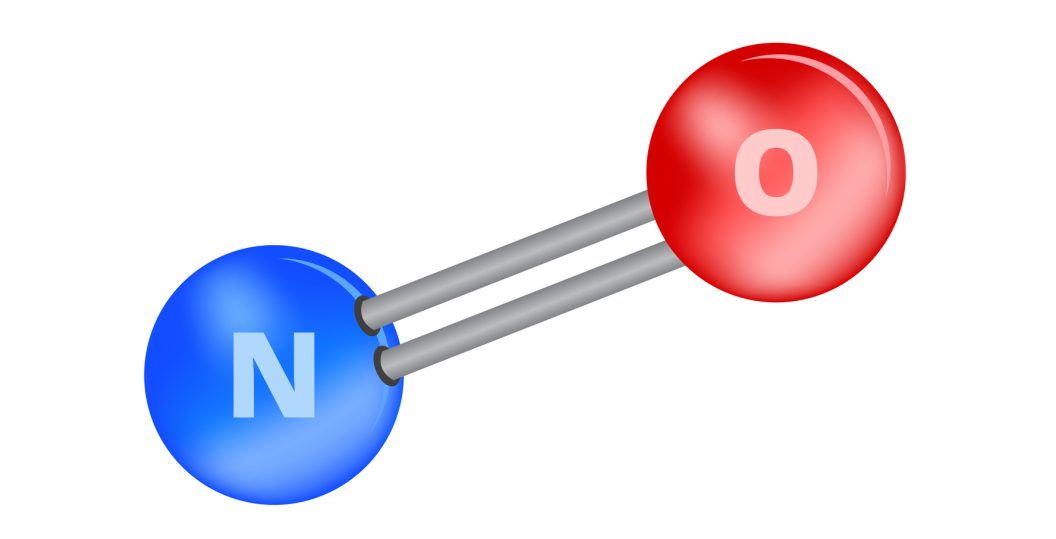Nitric Oxide: The Tiny Molecule at the Core of Cardiovascular Health
Why You Should Care About Your Nitric Oxide Levels
“Nitric oxide is crucial to the well-being of your cardiovascular system.”
– Dr. Louis Ignarro, 1998 Nobel Prize Co-Winner in Physiology or Medicine

Nitric oxide (NO) is a tiny molecule naturally produced by your body. It plays a central role in the cardiovascular system and supports numerous other important processes. In this brief article, we will explore:
- What nitric oxide is (and what it’s not)
- How nitric oxide supports your cardiovascular system
- Ways you can maintain healthy nitric oxide production
A Master Molecule
Nitric oxide is a gas that is naturally produced in the body. It has a very short half-life (milliseconds), meaning it is constantly being produced, disappearing and being replaced.
NO is what’s called a “signaling molecule:” it can trigger important biochemical reactions as it passes through your system. These reactions contribute to cardiovascular health, cellular energy, cognitive ability, and many other functions.
Nitric oxide is NOT nitrous oxide! That’s a completely different molecule best known as “laughing gas” for its use as a dental anesthetic.

Nitric Oxide and Your Vascular Well-being
Nitric oxide is especially important for vascular well-being because it helps relax and widen the blood vessels. This is essential for healthy blood flow and maintaining normal blood pressure.
One way that NO is produced happens within a thin layer of cells, called the endothelium, that lines the blood vessels. The movement of flowing blood prompts the endothelium to make NO.
As we get older, less NO is made in the blood vessels, but fortunately there’s another way nitric oxide is made. It is released into the body when we digest foods that contain naturally-occurring nitrates. Typical nitrate-containing foods include:
- Leafy greens
- Beets
- Celery

Supporting Nitric Oxide Production
To help maintain your vascular well-being, consider these tips to support normal nitric oxide levels:
- Eat nitrate-rich foods: Consuming foods high in nitrates, such as leafy greens, beets, and celery, can encourage the production of NO.
- Exercise: Regular physical activity stimulates NO production by improving blood flow and endothelial function.
- Get enough sleep: Adequate sleep is essential for maintaining overall well-being, including the production and regulation of NO.
- Avoid smoking: Smoking can impair endothelial function and decrease NO production. Quitting or avoiding smoking is beneficial for cardiovascular well-being.
Conclusion
Nitric oxide is vital for your cardiovascular well-being and normal blood flow. By making lifestyle choices that support NO production, you can unlock the benefits of this essential molecule for a healthier life.



